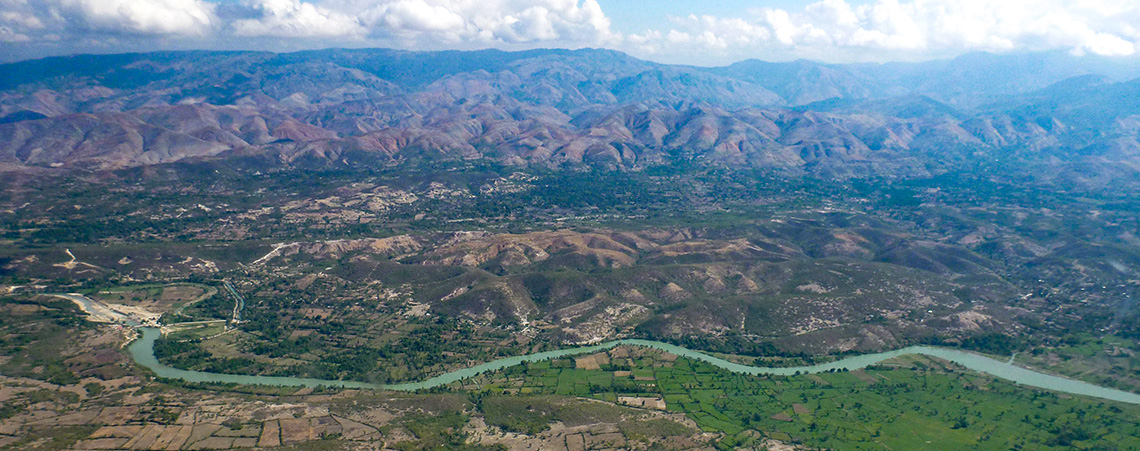
Photo:
UNDP
As a Small Island Developing State and a Least Developed Country, Haiti is one of the most vulnerable countries in the world to climate change. This vulnerability is compounded by high levels of poverty and longstanding macroeconomic challenges.
By implementing agroforestry systems and rehabilitating forests in priority areas in the Trois-Rivieres watershed to address the impacts of climate change-induced flooding, this 8-year project (expected to launch in late 2023) will more than halve the number of households affected by 100-year flood events by restoring the ecosystems’ capacity for water infiltration, hence reducing land degradation.
Similarly, agroforestry and reforestation interventions under the project are expected to result in a 35 percent reduction in the number of households at risk to 20-year flood events in the Trois-Rivieres watershed while providing the benefit of mitigating an estimated 3,636,750 tCO2-e during the project’s total 25-year lifespan.
As well as Climate Action (SDG 13), the project will contribute towards the achievement of multiple Sustainable Development Goals, including Zero Hunger (SDG 2), Gender Equality (SDG 5); Clean Water and Sanitation (SDG 6), Sustainable Cities and Communities (SDG 11), and Life on Land (SDG 15).
Level of intervention:
- Community
- Municipality
- District
- National
Key collaborators:
- Country Office
- Local Governments
- National Governments
- Non-Governmental Organizations
- Private Sector Partners
- United Nations Development Programme (UNDP)
Primary beneficiaries:
Total beneficiaries: 733,872 (292,600 direct + 441,272 indirect)
Implementing agencies and partnering organizations:
- Ministry of Environment, Government of Haiti
- United Nations Development Programme (UNDP)
Project status:
Under Implementation
Funding source:
Green Climate Fund
Financing amount:
US$31,290,561 ($22,427,206 GCF grant + $8,863,355 co-financing)
Co-financing total:
US$8,863,355
Project dates:
2023 - 2031
Location:
Haiti
Expected outcomes
Output 1. Ecosystem-based flood management solutions implemented in 25,440 hectares of the Trois-Rivières watershed
Activity 1.1. Strengthen the capacity of community groups, including farmer and women’s associations, for climate-resilient land-use planning in seven target communes in the Trois-Rivières watershed
Activity 1.2. Implement ecosystem-based flood management solutions in the Trois-Rivières watershed
Output 2. Climate-resilient agricultural practices, optimised value chains and social safety nets established to promote sustainable land management (SLM) and reduce degradation in the Trois-Rivières watershed
Activity 2.1. Strengthen institutional capacity at the commune, inter-commune and department levels in Haiti’s Trois-Rivières watershed for productive and sustainable land-use management
Activity 2.2. Enhance the technical capacity and access to finance of national and local representatives involved in agriculture in the Trois-Rivières watershed for adopting climate-resilient sustainable land-use practices
Output 3. Strengthened governance and capacity for climate-resilient integrated water resources management (IWRM)
Activity 3.1 Strengthen national capacities for the implementation of the Water Act
Activity 3.2. Develop an integrated, climate-resilient water management governance framework targeting the catchment and sub-catchment levels in the Trois-Rivières watershed
Activity 3.3. Implement regular monitoring and evaluation of water resources at the catchment and sub-catchment levels to support the implementation of integrated water resources management (IWRM) plans
- Image
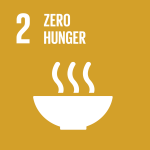
- Image
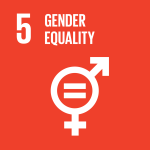
- Image
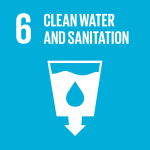
- Image
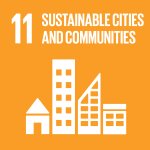
- Image

- Image
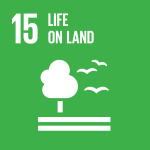
Jul-2023
Jul-2024
The Trois-Rivières watershed in the north of Haiti is particularly vulnerable to the impacts of climate change-induced flooding. Given the near-complete absence of embankments and levees in the watershed, such flooding causes severe damage to crops and farmland, as well as agricultural infrastructure and equipment.
Flooding in the region also has severe consequences for both human and livestock health, resulting in an increased risk of loss of human lives and livestock. Climate change projections simulate an increase in rainfall intensity in the region, which is expected to result in further adverse impacts on the country’s economy as well as on the most vulnerable communities and their livelihoods.
Addressing the impact of climate change-induced flooding on vulnerable communities in the region, requires adopting an integrated approach to flood management that responds to the impacts of climate change.
Green Climate Fund (GCF) finance will contribute to a paradigm shift towards climate-resilient sustainable development by enhancing the resilience of the watershed to the impacts of climate change-induced flooding.
This shift will be achieved by implementing a transformative approach to the way in which the Government of Haiti addresses flood impacts. Specifically, direct investments from the GCF, combined with co-financing, will be used to:
- Implement agroforestry systems and rehabilitate ‘water towers’ through reforestation of degraded landscapes at priority intervention sites;
- Enhance technical and institutional capacity for productive climate-resilient land management at the national and local levels; and to
- Establish the required governance framework for integrated water resources management (IWRM) to support the climate-resilient land management systems and facilitate sustainable use and management of water resources over the long term.
The combined effect of project interventions will result in the adoption and implementation of a climate-resilient, integrated approach to flood management that can be readily scaled up and replicated nationally and across the Caribbean region.
*
Output 1. Ecosystem-based flood management solutions implemented in 25,440 hectares of the Trois-Rivières watershed
Activity 1.1. Strengthen the capacity of community groups, including farmer and women’s associations, for climate-resilient land-use planning in seven target communes in the Trois-Rivières watershed
Activity 1.2. Implement ecosystem-based flood management solutions in the Trois-Rivières watershed
Output 2. Climate-resilient agricultural practices, optimised value chains and social safety nets established to promote sustainable land management (SLM) and reduce degradation in the Trois-Rivières watershed
Activity 2.1. Strengthen institutional capacity at the commune, inter-commune and department levels in Haiti’s Trois-Rivières watershed for productive and sustainable land-use management
Activity 2.2. Enhance the technical capacity and access to finance of national and local representatives involved in agriculture in the Trois-Rivières watershed for adopting climate-resilient sustainable land-use practices
Output 3. Strengthened governance and capacity for climate-resilient integrated water resources management (IWRM)
Activity 3.1 Strengthen national capacities for the implementation of the Water Act
Activity 3.2. Develop an integrated, climate-resilient water management governance framework targeting the catchment and sub-catchment levels in the Trois-Rivières watershed
Activity 3.3. Implement regular monitoring and evaluation of water resources at the catchment and sub-catchment levels to support the implementation of integrated water resources management (IWRM) plans
Project-level monitoring and evaluation will be undertaken in compliance with the UNDP POPP and the UNDP Evaluation Policy and will be undertaken on an annual basis. Reports will include annual progress reports (APR), an independent interim evaulation (mid-term review), and final evaluation.
A full-time Monitoring and Gender Officer will be employed to conduct and coordinate on-the-ground monitoring and evaluation (M&E) of the project and ensure that gender targets are met.
All evaluation reports, including responses to feedback received from the public, will be uploaded in English to the UNDP Evaluation Resource Centre.
The UNDP Country Office will retain all M&E records for this project for up to eight years after project financial closure to support ex-post evaluations.
24 Apr 2024 - Addressing Haiti's Climate Security Challenges: A Pathway to Peace and Resilience - UNDP
05 Dec 2023 - Haiti and UNDP ink agreement for water resources management - Prensa Latina
- UNDPMontserrat XilotlRegional Technical Specialist, Climate Change Adaptation

